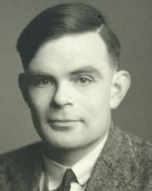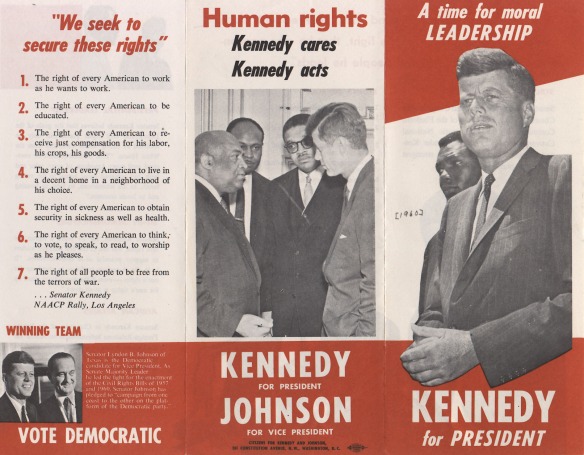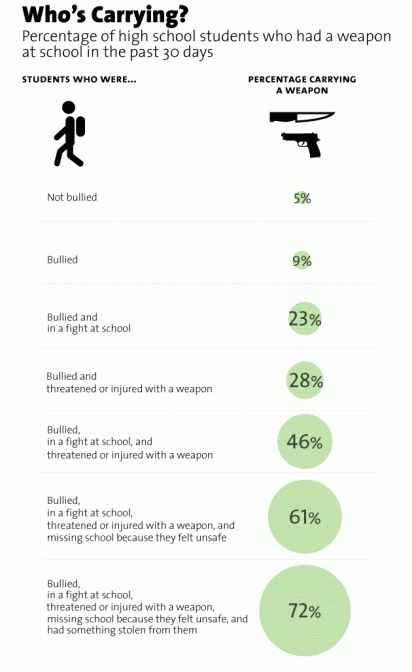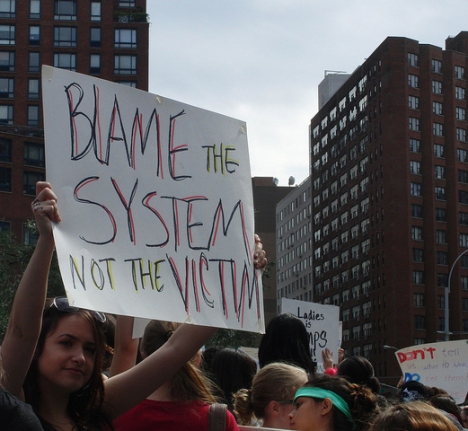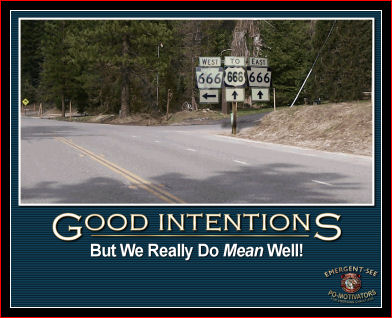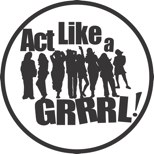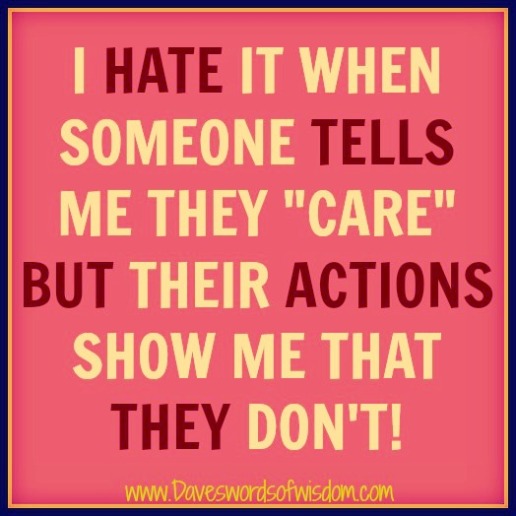Long before discrimination was associated with difference and not inferiority, Marvel Comics came out with the story of the X-Men. The mutants’ superpowers clearly made them superior to the average human, yet they were treated as freaks because they were outnumbered and could be subdued.
In reality, we humans have treated some of our own superheroes disgracefully. Copernicus’s and Galileo’s work in astronomy was finally deemed not heretical by the Catholic Church — after 400 years. Alan Turing played a crucial role in saving the planet from the Nazis, but was persecuted for his sexual orientation and driven to suicide when the world was safe again. Nikola Tesla was one of the greatest scientists ever, but many of his ideas went unfulfilled and he faced poverty, slander, and persecution due to Thomas Edison’s manipulations.
To assume that those who are on the right side of the bell curve won’t ever need help is a mistake in the assessment of vulnerability. Yet this is exactly how service mandates are determined even though neediness can be the result of many factors, like lack of social or political power.
Those on the left side of the bell curve might need help more often and their needs may be more obvious. But only catering to the most common and basic needs creates a tyranny of the majority that places people with uncommon circumstances at a disadvantage. Those right-bell-curve people often deteriorate without adequate prevention.
No one should be denied assistance if they don’t fit into narrow service mandates because none of us choose to be born or choose what handicaps we’re born with, whether gender, race, social circumstance, or personal ability. No one should be penalized for things that are out of their control.
Excluding right-bell-curve people from full participation not only robs society of their contributions, it dumbs down society, and each successive generation may continue along that downward trajectory. Maybe some resources should be reserved for helping these outliers to see what return on investment it produces.


